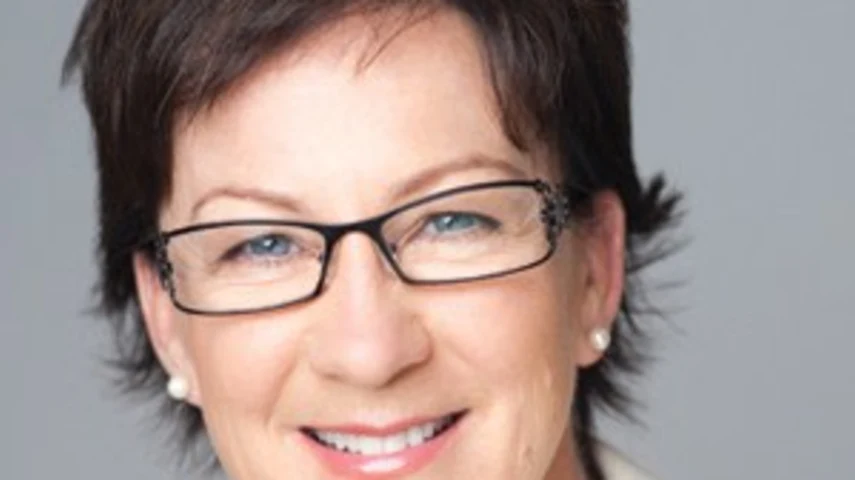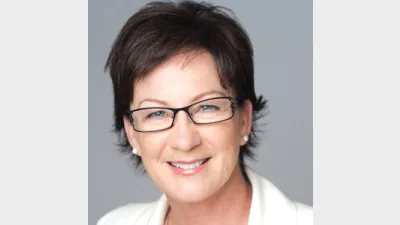Leadership for women



It was last year’s SMSF Association and Financial Services Council’s inaugural Women, Super and Wealth Summit that reminded me why I have always been an optimist.
Although the stark gap between men and women’s superannuation balances was there for all to see, there were some encouraging signs that this inequality is being seriously addressed, hopefully guaranteeing much better financial outcomes for our daughters and granddaughters.
There is much to be done. The bald fact is that the gender pay gap is the key cause driving the imbalance in men and women’s superannuation; on the latest figures that wages gap stood at 23.1 per cent.
Add to that inequality in pay the fact women are more likely to have broken work patterns and volatile income streams, and the reason why many women are likely to be the “future poor” in retirement is self-evident.
So why my optimism? To begin with there is no doubt government has recognised the importance of this issue. Reforms undertaken by the Government have improved the flexibility of the super system, potentially allowing women greater chances to contribute to super to make up for time out of the workforce and volatile incomes.
Although there is much more the Government can and should do, I remain convinced that legislation, important as it is, is not the key solution to driving change in this critical policy area.
Rather, it is the growing number of women in leadership roles, particularly in the financial services and superannuation sectors, that are helping to drive the changes that will help narrow the inequality gap.
Significantly, this will not only happen in the workplace, important as that often is. Rather, it the home, school and university where young women and girls need to learn how to be financially empowered.
It’s not just about educating them about all matters financial, but giving them the confidence to be actively engaged in the system. Financial literacy is a worthy goal, but it counts for naught unless they have the belief in themselves to use that knowledge.
There is evidence to suggest they are. A key finding from a research report undertaken by the CBA and the SMSF Association into women and SMSFs was that women, who comprise 47 per cent of the nearly 1.1 million SMSF members, were less confident than men in managing their SMSF.
Nothing surprising there, you might say. But the actual figures, 62 per cent of women compared with 83 per cent of men said they were confident about handling their self-managed superannuation fund (SMSF), was extraordinarily revealing. It’s my strong suspicion that many in the industry would have been very surprised (hopefully pleasantly) that such a high percentage of women believed they had the necessary skills and confidence to oversee their fund.
Clearly, that 21-percentage point gap needs to narrow – and sooner rather than later. But those who assume that it was predominantly the male who is comfortable about making the decisions in a husband-wife SMSF need to think again.
I am not suggesting a husband-wife SMSF reflects the typical household. But it’s a start – an important one because it shows that engagement has a very important part to play in closing the superannuation gap.
It’s also one that will require advisers to adapt to a changing society where women are not only more financially literate but feel empowered to act upon it. When advisers deliver a financial solution to a couple, do they treat them as equals? Those who fail to do so will, I believe, do so at their own risk.
The world is changing – rapidly. Nothing better highlights this than the fact that the world’s largest taxi company does not own a car and the largest hotel company does not own a bed. What this simply means in 2017 is that today’s consumer is better informed, is more aware of the choices on offer, and more willing to exercise them. Women are increasingly the leaders of this societal change.
This is why I am an optimist. I believe these changes across society are empowering and engaging women, slowly dismantling those barriers to female inequality. It will not happen overnight, but is happening faster than you think.
Andrea Slattery was Money Management’s Woman of the Year in 2014.
Tickets are currently available for Money Management’s 2017 Women in Financial Services Awards.
Recommended for you
In the latest edition of Ahead of the Curve in partnership with MFS Investment Management, senior managing director Benoit Anne explores the benefits of adding global bonds to a portfolio.
While M&A has ramped up nationwide, three advice heads have explored Western Australia’s emergence as a region of interest among medium-sized firms vying for growth opportunities in an increasingly competitive market.
Private wealth firm Escala Partners is seeking to become a leading player in the Australian advice landscape, helped by backing from US player Focus Financial.
In this new series in partnership with MFS Investment Management, delve into all things fixed income and discover how you can use the asset class to build better client portfolios. In this Q&A discussion, MFS managing director- head of wholesale distribution James Langlands sits down with Evidentia senior asset consultant Ron Mehmet to discuss fund selection.









